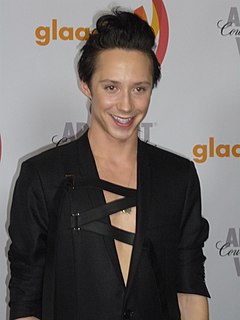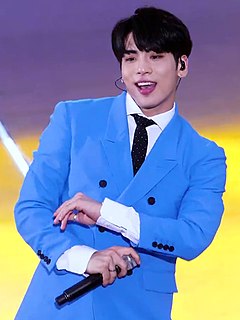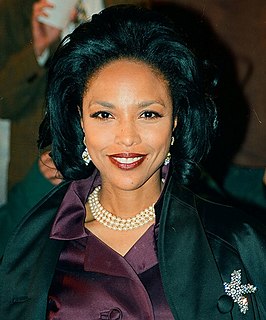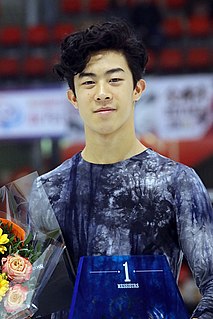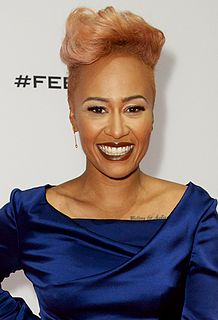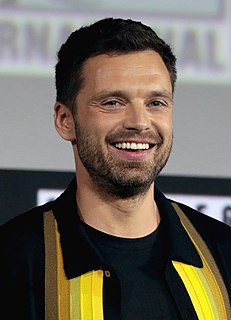A Quote by Johnny Weir
Creating emotion was what my career was all about. I wanted people to laugh at me; I wanted people to cry with me. I wanted people to feel good or to think about something when they watched me. I think that's why, even not being an Olympic champion, I have such a huge following around the world.
Related Quotes
but it wasn't just about my feelings. The more I got to know you, the more I was certain that you'd do whatever it took to provide for your family. That was important to me. You have to understand that back then, a lot of people our age wanted to change the world. Even though it's a noble idea, I knew I wanted something more traditional. I wanted a family like my parents had, and I wanted to concentrate on my little corner of the world. I wanted someone who wanted to marry a wife and a mother, and someone who would respect my choice.
Longing surged up within me. I wanted it. Oh God, I wanted it. I didn't want to hear Jerome chastise me for my "all lowlifes, all the time" seduction policy. I wanted to come home and tell someone about my day. I wanted to go out dancing on the weekends. I wanted to take vacations together. I wanted someone to hold me when I was upset, when the ups and downs of the world pushed me too far. I wanted someone to love.
I never had that feeling that I had to carry the weight of somebody's ignorance around with me. And that was true for racists who wanted to use the 'n' word when talking about me or about my people, or the stupidity of people who really wanted to belittle other folks because they weren't pretty or they weren't rich or they weren't clever.
When I was at art school, a lot of art education is about art being a means of self-expression, and as an 18-year-old I didn't know if I had a huge amount I wanted to express. It was a big moment when I decided I wanted to shift the emphasis or the intention of my art from something I disgorged myself upon and something that actually fed me or made me see the world or understand the world.
When I was a kid--10, 11, 12, 13--the thing I wanted most in the world was a best friend. I wanted to be important to people; to have people that understood me. I wanted to just be close to somebody. And back then, a thought would go through my head almost constantly: "There's never gonna be a room someplace where there's a group of people sitting around, having fun, hanging out, where one of them goes, 'You know what would be great? We should call Fiona. Yeah, that would be good.' That'll never happen. There's nothing interesting about me." I just felt like I was a sad little boring thing.
